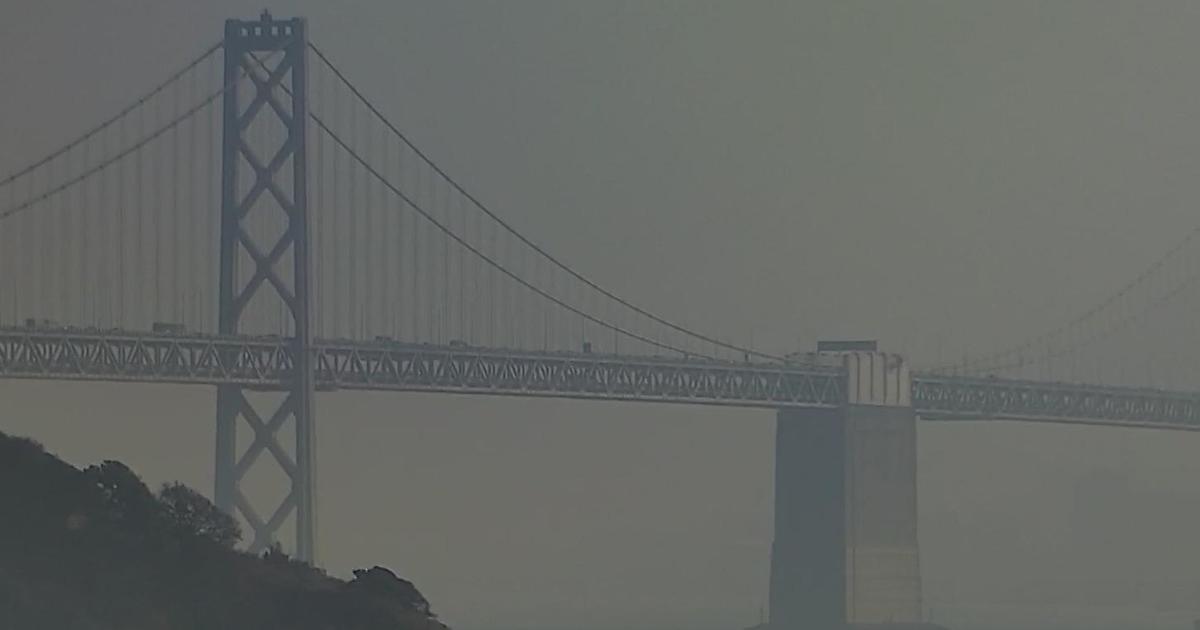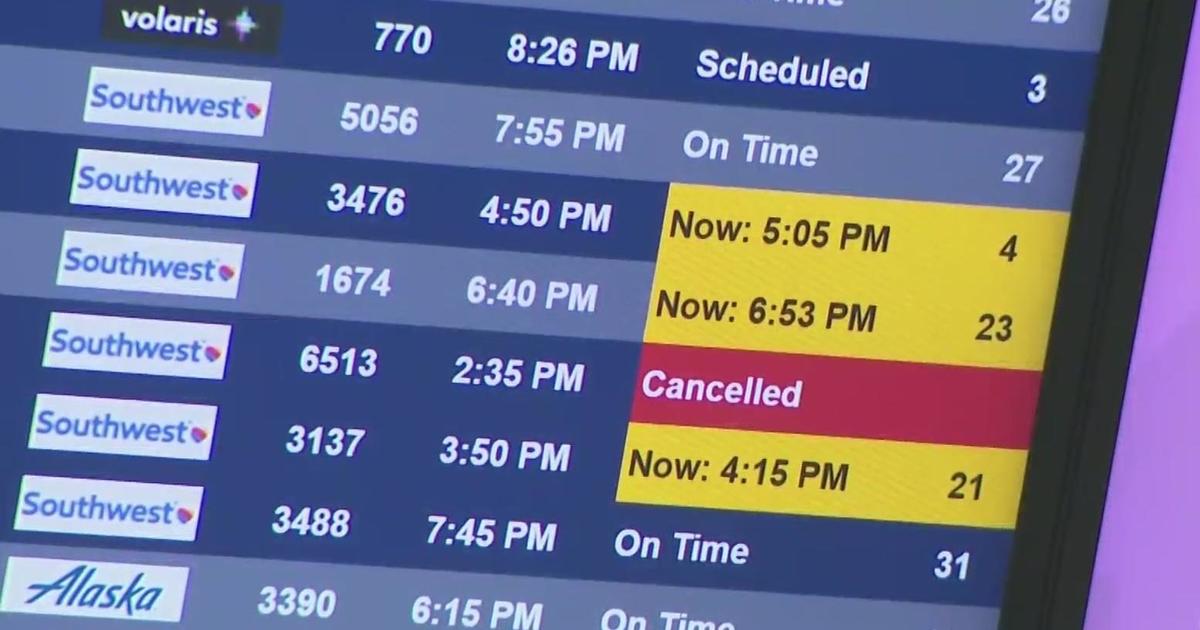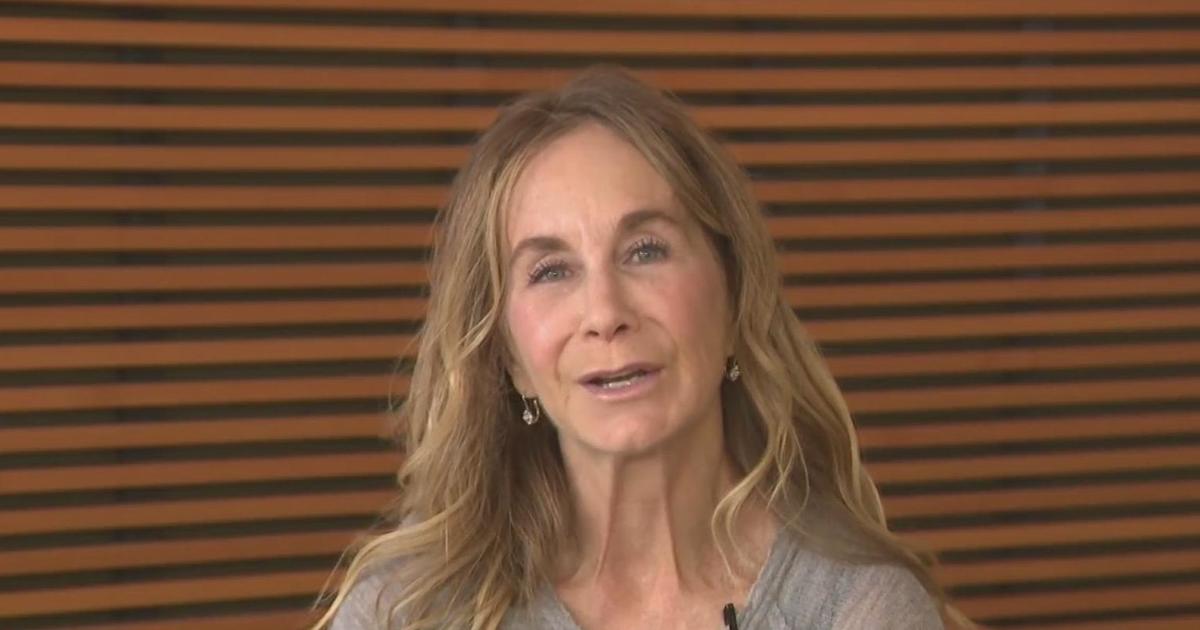Reservoirs In Drought-Stricken California Dump Billions Of Gallons Of Water In Case Of Storms
SACRAMENTO (CBS SF) -- Some of drought-stricken California's biggest reservoirs are regularly releasing billions of gallons of water – much of it going into San Francisco Bay – and keeping only partial capacity under water rules developed in the 19th century, according to a report.
KQED reported that a handful of reservoirs, including Folsom Lake, are releasing water to maintain empty space to guard against flooding during winter storms.
Folsom Lake reached 60 percent of its capacity only last month after dropping to 17 percent capacity in October of last year.
U.S. Army Corps of Engineers and Sacramento Area Flood Control Agency rules mandate that Folsom Lake can only by 60 percent full during winter, as average storm could send a huge amount of water into the reservoir, according to the report.
The empty space works as a buffer to guard against flooding, which would affect hundreds of thousands of people in the Sacramento area, while putting the dam itself at risk of failure.
Flood control rules for western states were created in the 19th century, research meteorologist Dr. Marty Ralph told KQED. "And yet here we live in the 21st century with its special and new needs: greater population and a changing climate," Ralph said.
Ralph heads the Center for Western Weather and Water Extremes at UC San Diego, which is developing new techniques to improve weather event predictions and their effects on water management and flood control.
The center is testing a new flood management technique at Lake Mendocino using state-of-the-art weather forecasts to determine how much reservoir space is needed, and keeping the reservoir fuller.
Greg Kukas, Hydrology and Hydraulics Chief with the Army Corps of Engineers, told KQED the Corps was considering adopting new weather-based reservoir operations, but noted there are risks involved with forecasts that aren't always correct. "The consequences, you don't even want to imagine them," he told KQED. "We know water supply is incredibly important but we also know public safety is incredibly important."



